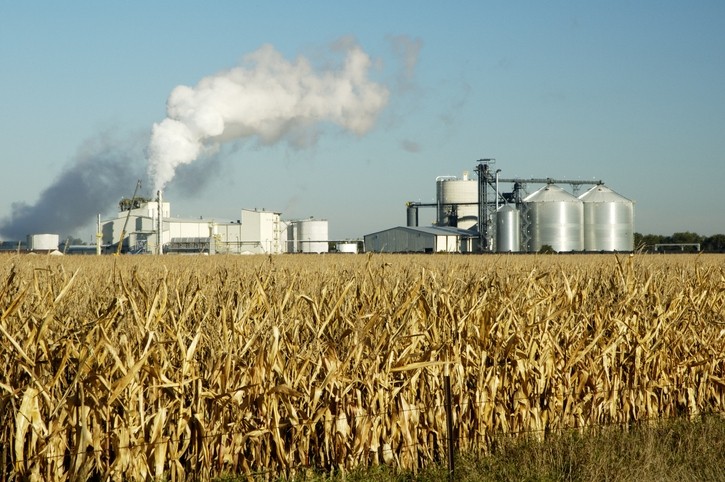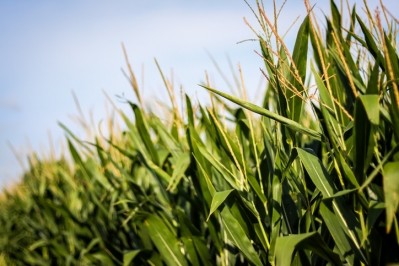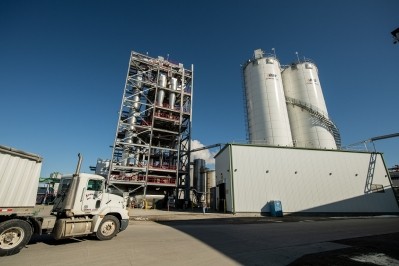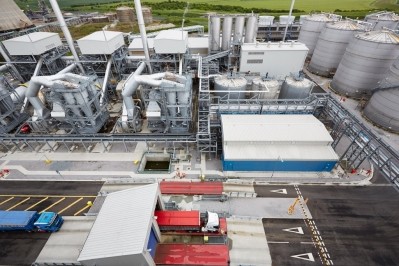Brazilian ethanol and animal nutrition ingredient producer aiming to be carbon negative

FS makes its ethanol, animal nutrition and bioenergy products exclusively from corn, and is now incorporating a Bioenergy with Carbon Capture and Storage (BECCS) system.
By doing so, it says it not only reduces its CO2 emissions but also removes CO2 from the environment.
The system consists of capturing, compressing, dehydrating and transporting the CO2 for deep and safe underground injection and permanent storage.
The BECCS system will be installed at the company’s Lucas do Rio Verde plant in Mato Grosso. The carbon injection site will be located within a 5km radius of the plant, to be defined according to geological and geophysical studies, and will be monitored during its use.
The adoption of the BECCS system is part of a set of actions established by FS in relation to adherence to UN's Sustainable Development Goals (SDG), consistent with the Paris Agreement.
Among the six goals are the reduction of CO2 emissions through a carbon capture and storage system; and the promotion of ongoing improvements and transparency in governance processes, aimed at obtaining the maximum ESG rating with leading agencies in the segment.
In addition to those objectives, FS has made other commitments, such as social and environmental responsibility, water reduction, waste and effluent consumption, education and development of communities, and diversity and inclusion, including reaching 40% diversity in leadership positions (women, non-white, LGBTI+ and PWDs).
Using C02 emissions to make proteins
Worldwide, there are very few commercial projects using the BECCS system.
The UK headquartered Drax Group last year announced its ambition to be carbon negative by 2030 by leveraging the BECCS model, and it has been working with biotechnology company, Deep Branch, to explore the feasibility of using its C02 emissions to make proteins for sustainable animal feed products.
Deep Branch says its proprietary CO2-to-protein process directly utilizes clean CO₂ and hydrogen to generate Proton, a single-cell protein (SCP) optimized for animal nutrition.








